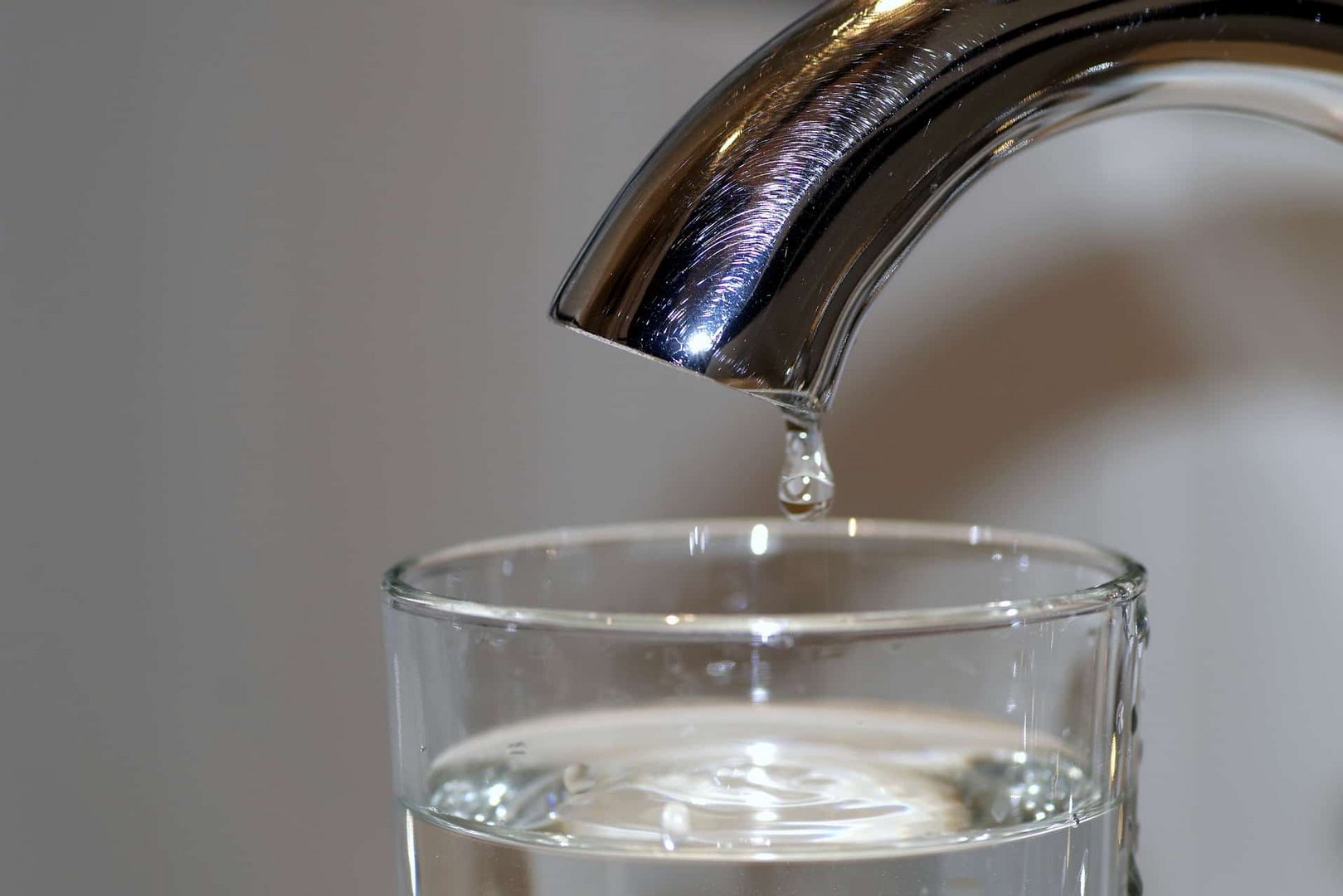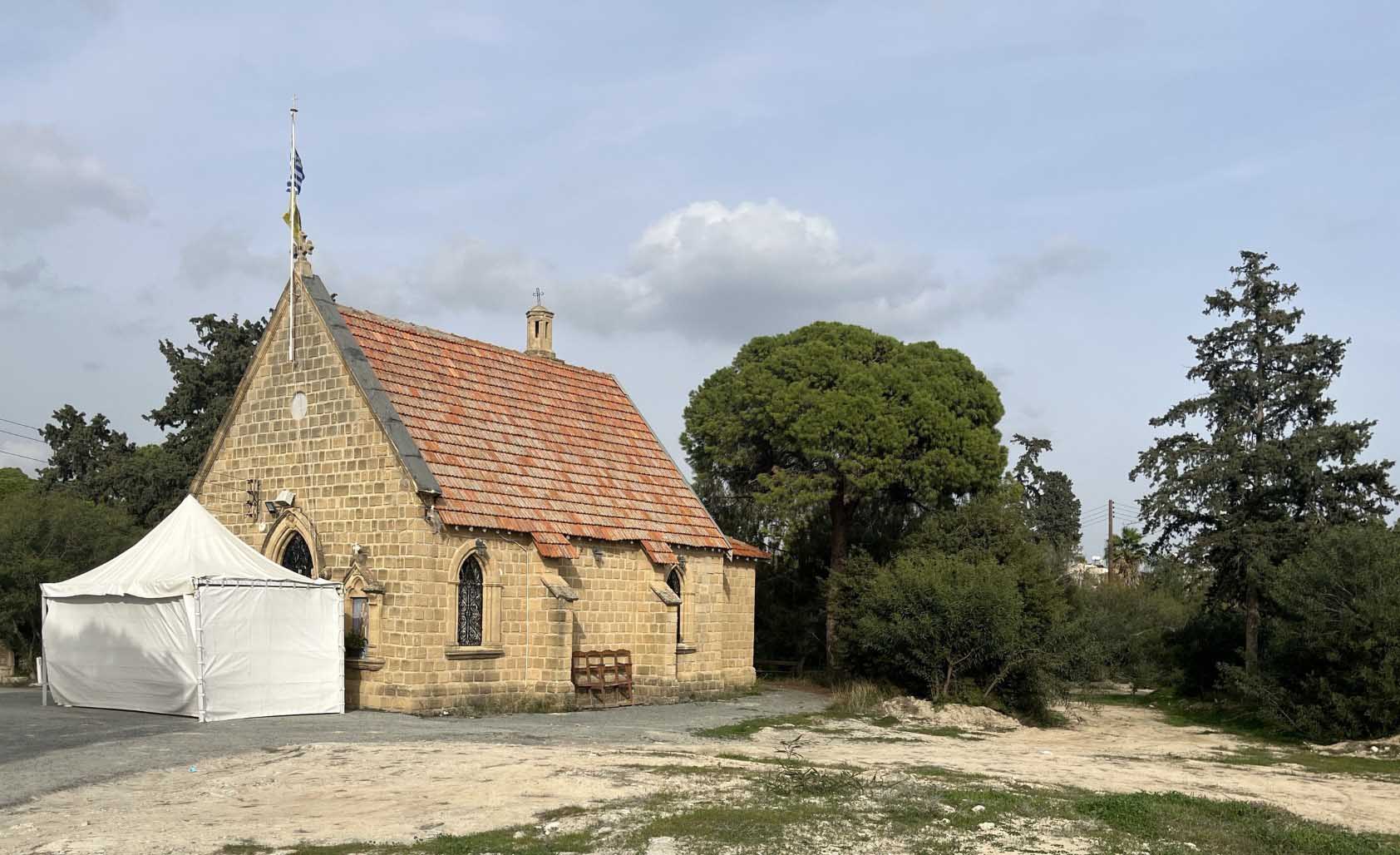The installation of smart water meters in the Larnaca district began on Friday, the Larnaca district government said.
The first meters were installed in the borough of Livadia, with the district government saying that the smart meters’ installation “will allow the daily monitoring of water supply in the area, timely leak detention, the management optimisation of the supply network and the reduction of unaccounted water”.
In total, 25,000 smart water meters are expected to be installed and replace the old household meters by June next year with the aim of reducing water waste and improving the efficiency of the supply.
The first phase of the project will cover the area between the Livadia municipal stadium and the Ayios Savvas church.
It added that the new metres will be installed in areas with high levels of water losses or operational issues, specifically in the areas of Livadia and Aradippou, and in areas with increased commercial activity and high water consumption.
This, it said, will enable the public to monitor their consumption online, allowing timely detection of leaks, and reducing the risk of overbilling form undetected water losses.
This initiative is part of the European Union’s Recovery and Resilience Mechanism, which is funding the replacements across the island after the project was launched in Nicosia last year.
In Nicosia, a memorandum between the city’s municipality and the district water board is set to see a total of 150,000 smart water meters installed.
The drive to introduce smart water meters comes amid heightened concern regarding waste in Cyprus’ water supply, with Famagusta district governor Yiannis Karousos having said last week that water which is unaccounted for is costing consumers in Cyprus €13 million per year.
This figure, he said, is based on the audit office’s finding earlier last week that 29.35 per cent of Cyprus’ water supply is not being metred and is thus not being paid for, translating to a total of 48.1 million cubic metres of water being effectively “lost” between 2021 and 2023.
At a cost of 82 cents per cubic metre, he said, the total cost of the lost water amounts to almost €40m, or €13m per year, which, he said “ordinary people paid for, but which never reached their homes or businesses”.







Click here to change your cookie preferences